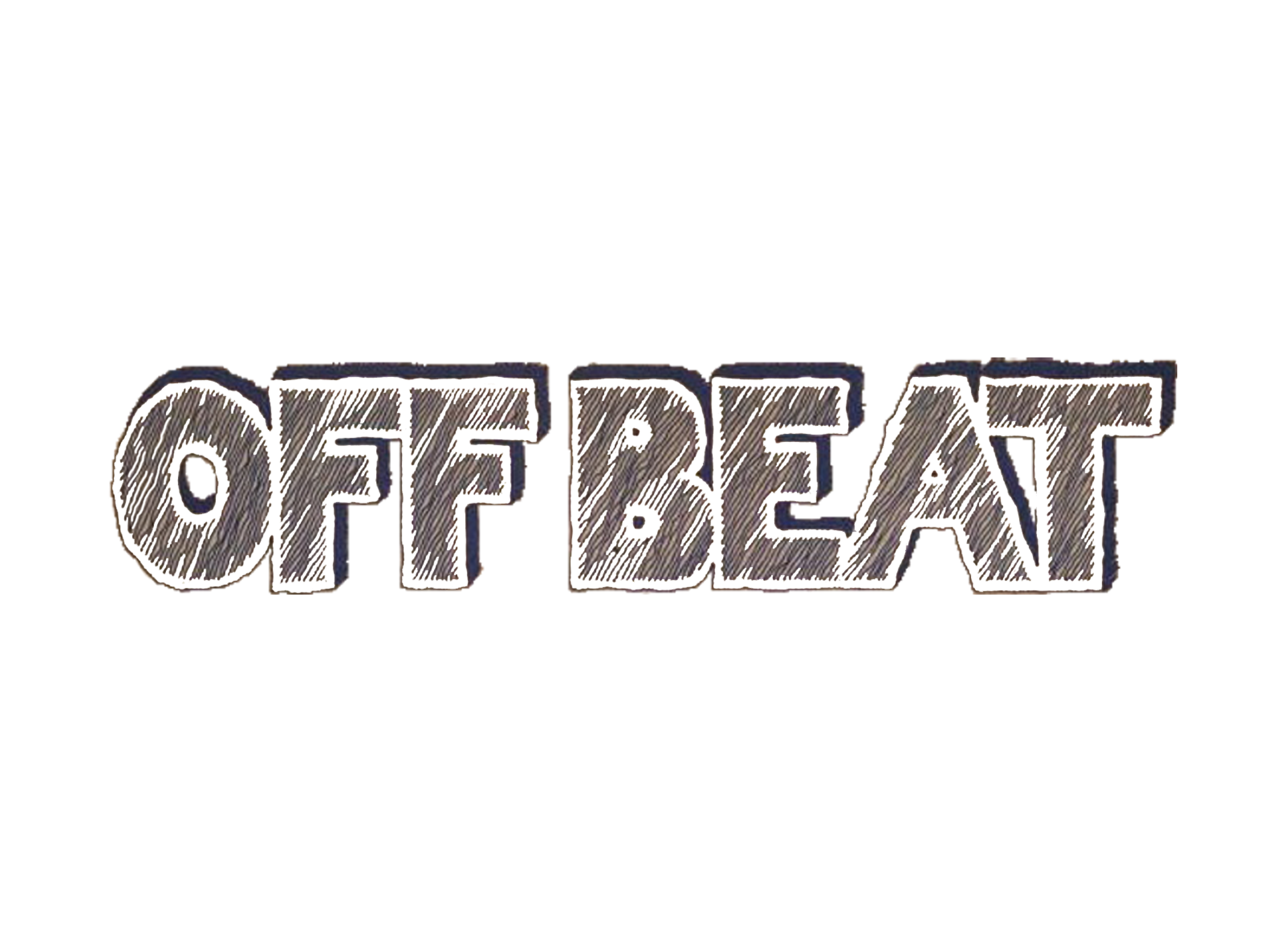Now that summer is over and there’s less time to read at leisure, it’s wise to do a little research on prospective reading material before investing your time and money in it. Here, then, are reviews of two books I enjoyed at the end of this summer, presented in the hope that they will help with your own selections.
Terry Pratchett’s Dodger is a recent foray outside his formidable Discworld fantasy series into the realm of historical fiction. Set in Dickensian London and featuring Charles Dickens himself as a character, the story posits a living, breathing inspiration for the Artful Dodger, who plays a prominent role in Dickens’ Oliver Twist. This roguish, top hat-wearing protagonist must contend with harsh London street life, a border-crossing criminal network, political intrigue, and a mysterious new woman in his life.
As always, Pratchett’s prose is witty and light-hearted, yet liberally punctuated with points of deep thought and consideration on the human condition. His meditations on societal dysfunction and man’s inhumanity to man may be in a somewhat different vein from Dickens’ own, but they are no less engrossing.
Sadly, the book does suffer from several flaws, uncharacteristic of Pratchett’s work. The protagonist, as well as many of the book’s conceptual threads, are nearly identical to those in two of Pratchett’s previous novels: Going Postal and its sequel, Making Money. In addition, the central conflict is resolved too easily, and the climax feels overly brief and tame. Although there is an apparent emotional cost to Dodger, the description of its fallout is restricted to a handful of words. Though the story as a whole is fairly satisfying, the ending leaves something to be desired.
Margaret Atwood’s MaddAddam is part of a series chronicling the “Waterless Flood,” a man-made plague that liquefies most of the human race in a twisted yet recognizable near-future. Survivors are left to contend with genetically modified wildlife, including fearsome pigs gene-spliced with human brain tissue, as well as strange, docile humanoids created specifically to replace the extinct human race.
The two previous volumes, Oryx and Crake and The Year of the Flood, were strictly characterized by the author as speculative fiction rather than science fiction, but Atwood has since softened slightly on this categorization, perceived by many genre fans as snobbish or condescending. Needless to say, the saga sports a tried-and-true apocalyptic sci-fi premise. Though not very original, this narrative foundation supports some highly inventive and entertaining storytelling.
Atwood’s third instalment adds even more layers to the narrative, with different perspectives jumping back and forth, before and after the “Waterless Flood.” New insights into the ideological turmoil leading to the release of the plague are a highlight, delivered mostly through characters that were the focus of the second book.
Atwood’s rendering of social interplay is masterful, a perfect complement to the implied epic sweep of larger-scale events. The picture she paints is that of a twisted and damaged world, even before the plague, with every aspect of government, art, culture, and even religion pervaded by unscrupulous global corporations, or “the Corps.” However, both before and after this state of affairs is brought to its end, the power of story and memory to strengthen the connections between people is made vibrantly clear, to both the characters and to the reader.
Conclusion: Dodger, while not up to Pratchett’s usual standards, is a fine choice for his loyal fans or for devotees of Dickens. MaddAddam, however, is a powerful and technically brilliant novel; a must-read for just about anyone.






